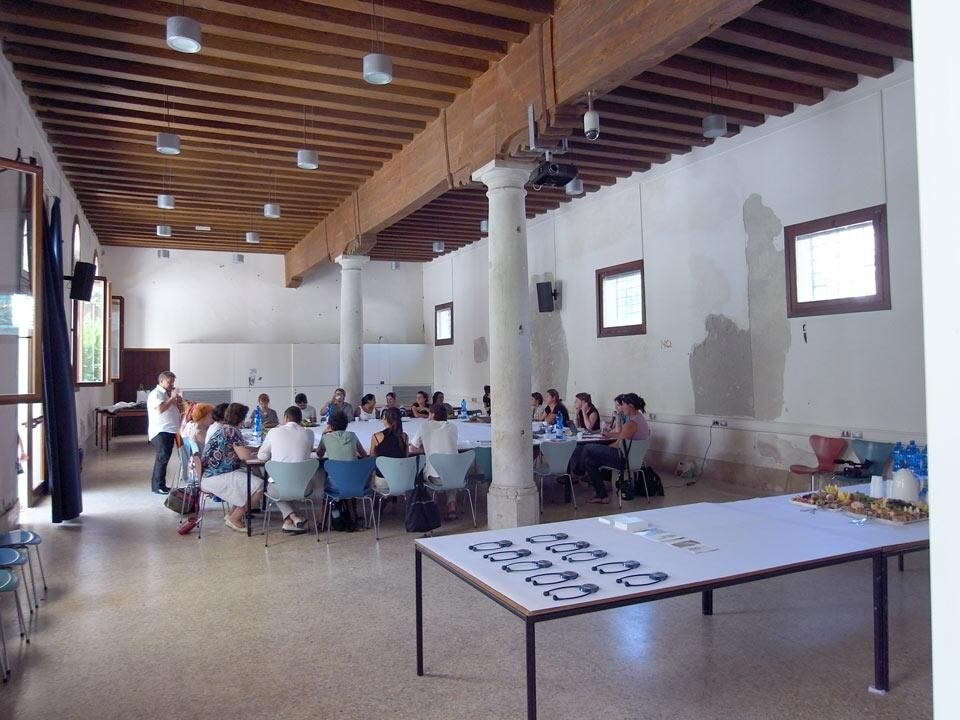At every setting is a headset for the translation of the female voices representing the Kalderash community from Rome and another community from the Scampia neighbourhood in Naples. The food was prepared by La Kumpania, an intercultural project that engages unemployed Roma and Italian women in cooking initiatives. Food as a connector. But this is not as trivial as it sounds. Sharing food and wisdom is an act of peace that overcomes prejudices. The instinct of "nursing mothers" prevails over that of "tiger mothers."
Lunch begins tentatively and differences begin to emerge. The Roma representative (who speaks only after having exchanged glances and words with her husband) is an Italian Roma woman who is nomadic and traditional. Dressed in her long attire, she seems particularly self-conscious in front of the audience. She tells her story, proudly pointing out that she is a housewife and that her camp is clean, clean, clean. This is the first claim against one of the "classics" of marginalization: filth. Speaking against the second prejudice — that sees all Roma as thieves —, she apologizes for all of her fellow countrymen who misbehave. Her excuses elicit a reaction from a Serbian woman from Naples who has lived in Italy for thirty years, who feels no need to apologize, claiming that every individual is responsible for his or her actions. She adds that Italians intentionally dispose of their garbage in their camp in Scampia, pointing out how her and the other women in her group do not dress in the traditional apparel. They have left behind long skirts and long-sleeved blouses for tank tops and summer dresses; another sign distinguishing them from the Kalderash women who have been Italian citizens for generations.
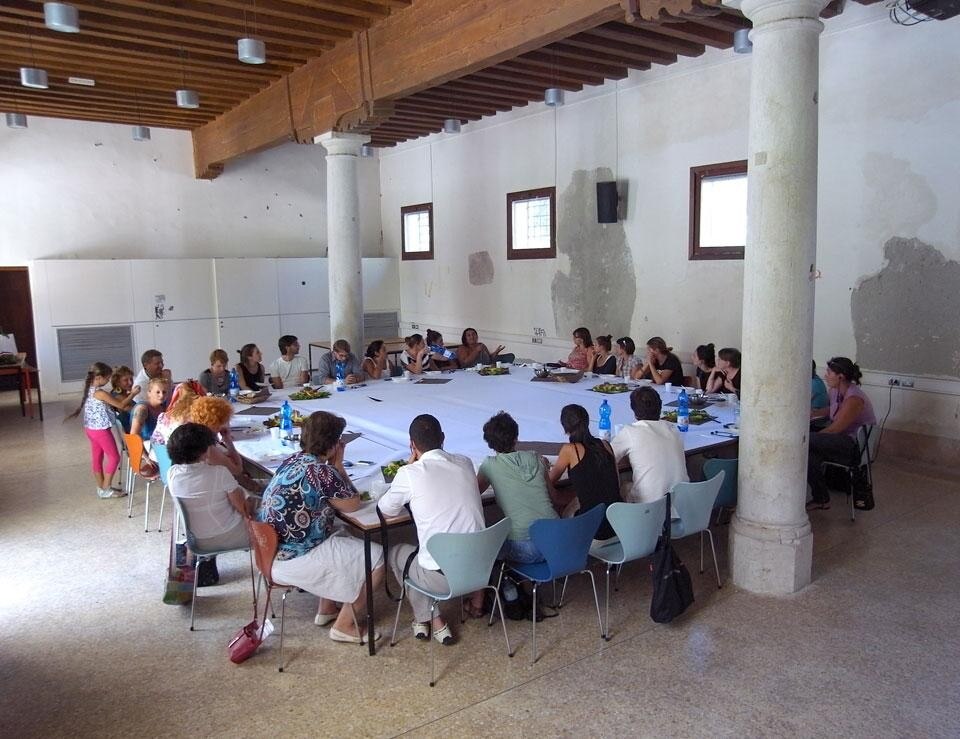
In some Eastern European countries, including Romania, the policy response to the "nomad problem" during socialism was to offer permanent housing in low cost developments — in the name of equality. The same policy was undertaken in Spain in more recent years with apparently greater success, especially in Barcelona.
It seems that integration in Scampia is working. This is not only due to active integration initiatives but also due to the population's de facto assimilation to the customs of marginalized Neapolitans and their illegal activities, something they are very good at. Making do with illegal connections to the energy grid is an art learned at a very young age in some neighborhoods!
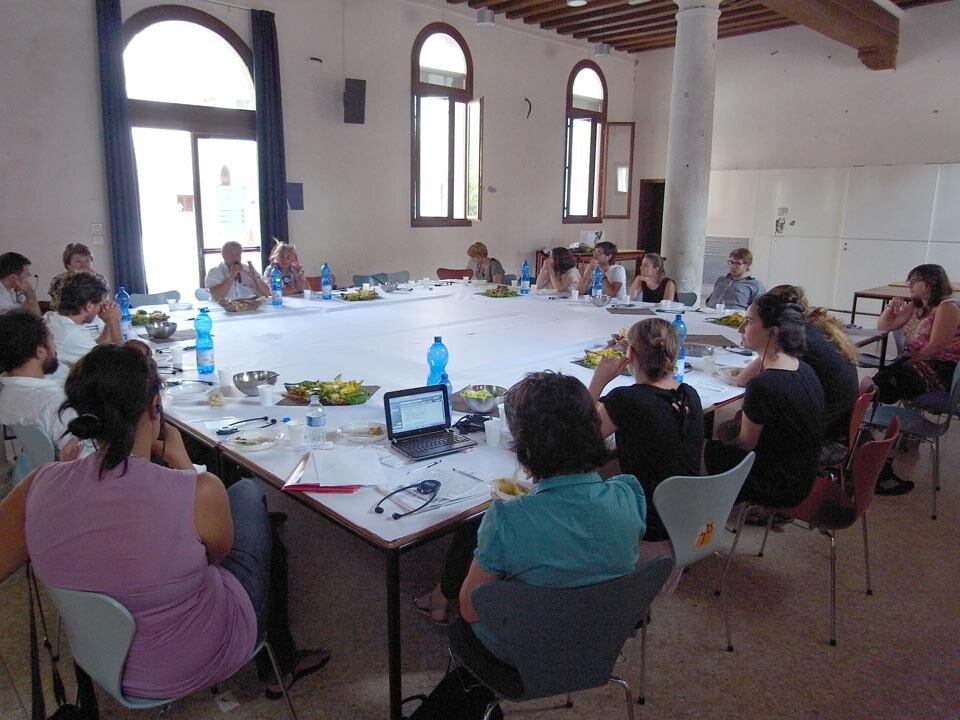
A crucial point for future housing policy regards the need for differentiated approaches. It is essential to think of the various communities as individual groups, because they are different and often composed of members of only one or two extended families. This means shifting from racism — even the unintentional kind that pigeonholes all Roma people into a single group of "others" — to true respect for otherness.
A crucial point for future housing policy regards the need for differentiated approaches. It is essential to think of the various communities as individual groups, because they are different and often composed of members of only one or two extended families
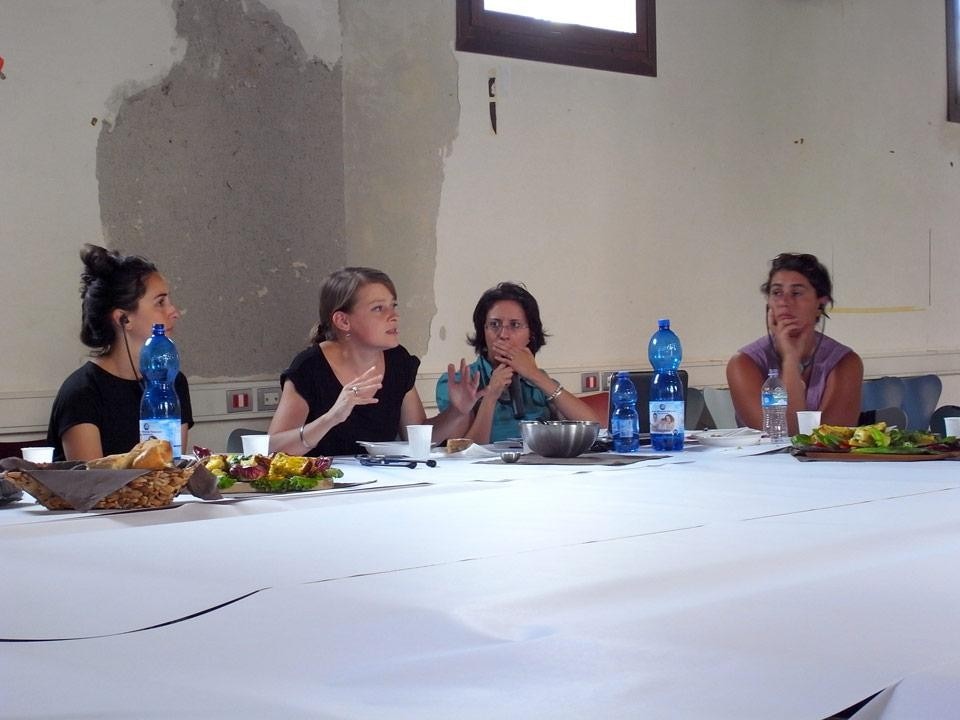
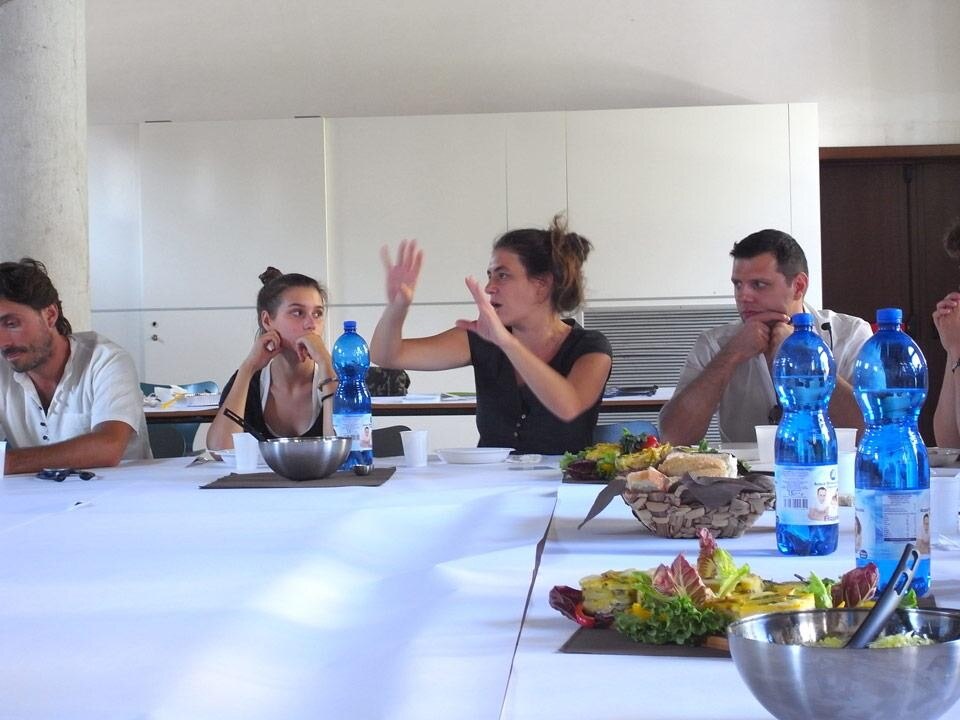
Listening, then, might be the way to shift to other policies. Everyone should have the right to choose how to live; and government representatives and planners must face the task of translating this right into reality. Simona Bordone
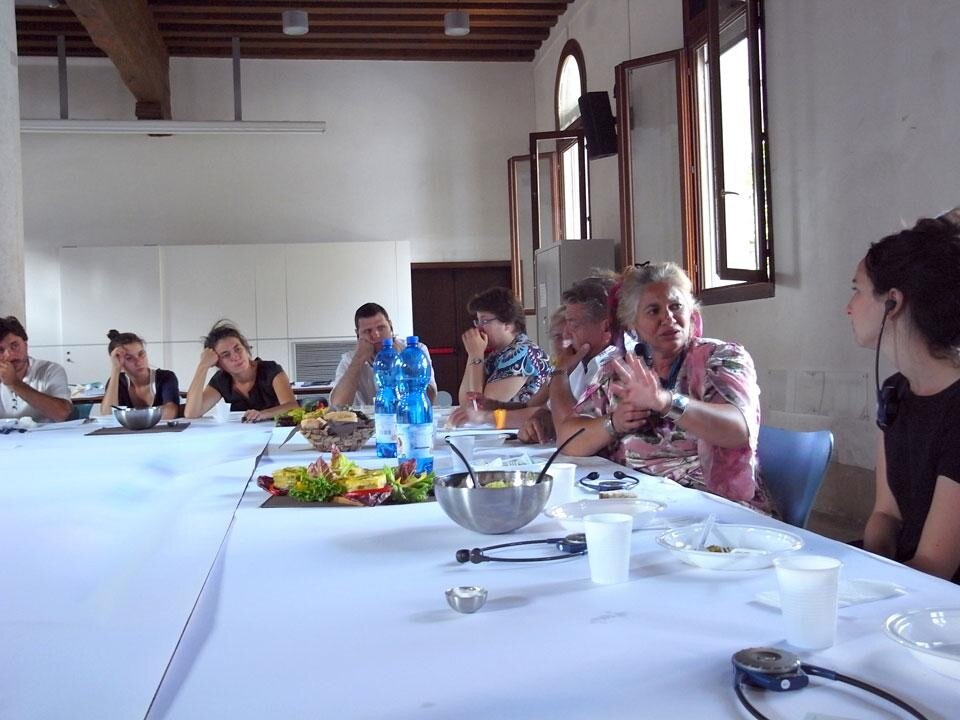
Irina Bancescu is an architect and assistant in the Department of History and Theory of Architecture and Heritage Conservation at Ion Mincu University of Architecture and Urbanism in Bucharest. She conducts research in the fields of contemporary architecture and urban planning; she studies the legacy of communism, vernacular architecture and extreme poverty. She participated as an activist in the EU-ROMA project (2007-09) and in the Roma Pavilion at the 2008 Venice Architecture Biennale.
Leah Whitman-Salkin is a journalist and professional in the field of contemporary art, architecture and public discourse.
